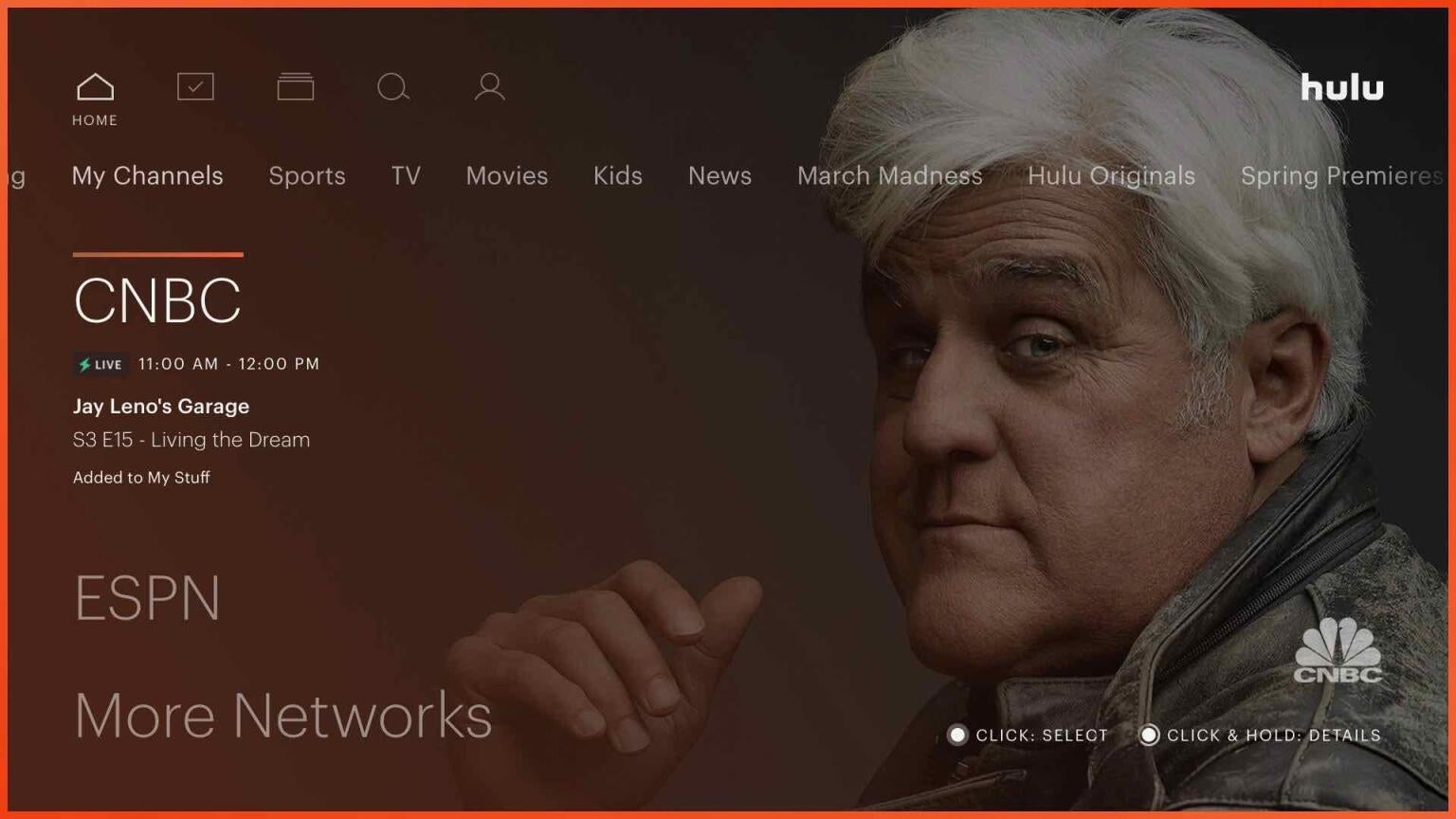The Hulu-Comcast Feud and the Future of Streaming
Something is about to break within Hulu, Disney, and Comcast.

As streaming takes its place at the entertainment table, and customers start considering just how many services their wallets can stand to subscribe to. According to a JD Power study, it’s about four and a half, on average.
Streaming platforms are polishing up the big guns and looking to draw all the interest the market will bear. Proving interest in streaming isn’t a problem anymore. 2020 showed that much, and 2021 looks to continue that interest.
Drawing that interest in one particular direction can be a challenge for many providers. Hulu is finding that much out, and discovering that one of its biggest problems may lie with one of its owners — Comcast.
The biggest problem Hulu has is its dependence on catalog titles, the older stuff that makes up the bulk of a streaming services’ offerings. Used properly, catalog titles draw interest by giving consumers a way to access content they may not have been able to find previously. Hulu does wonderfully when it comes to catalog demand. A report from Parrot Analytics notes that Hulu has the highest catalog demand among the larger streaming services. Hulu’s catalog demand is about 21.4% of “demand share” through its catalog.
However, Hulu falls short on originals. It’s actually running in fourth place among the biggest names with 7.2% of demand share. That compares to Disney+’s 8.1%, Amazon Prime Video’s 9.3%, and Netflix’s whopping 46%.
At last report, Hulu is almost being treated like a loss-leader, a product that’s being offered at a loss specifically to get customers in the door. You see a lot of loss-leader strategies used for Black Friday sales. Hulu generates substantially higher revenue on a per-subscriber basis than Disney+ does at last report, and incorporating both services into a bundle along with ESPN+ is making the combined project very attractive to consumers who get three streaming services for not much more than the cost of Netflix alone.
It’s that catalog focus that’s giving Hulu trouble, however, and this is where Comcast comes in. Comcast remains co-owner of Hulu through 2024 unless Disney buys them out sooner. Substantial amounts of content from NBCUniversal can be found on Hulu as a result, which grants Comcast a healthy bit of licensing revenue as a result.
Disney is said to be limiting Hulu’s growth so as to not have to pay out more than necessary to Comcast to step out from under the relationship with them sooner than 2024. Hulu exists as a mainly U.S. operation. Disney-owned content that lives on Hulu in the US exists overseas on Disney+ under the Star or Star+ umbrella.
Comcast has been making other streaming deals internationally, most notably with ViacomCBS in the SkyShowtime service set to premiere in Europe in 2022.
Other new deals may be coming forward in the future, including potential new carriage deals for Disney channels on Comcast’s cable services and Comcast potentially giving consideration to pulling NBCUniversal content from Hulu to augment its own Peacock streaming service in the United States, and the potential for substantial upheaval is in the cards.
Something is likely to change, and soon. Hulu may be about to lose a big slice of the catalog titles that give it something of an edge in the market. Comcast may be about to lose all its Disney content; can you imagine a cable package without multiple ESPNs? However, Hulu may also be in line to get a lot of that archived content, unless it just shifts to Disney+. There are too many possible directions for this fragmentation to take place, and the only thing that’s really clear is that, one way or another, something is absolutely going to change.